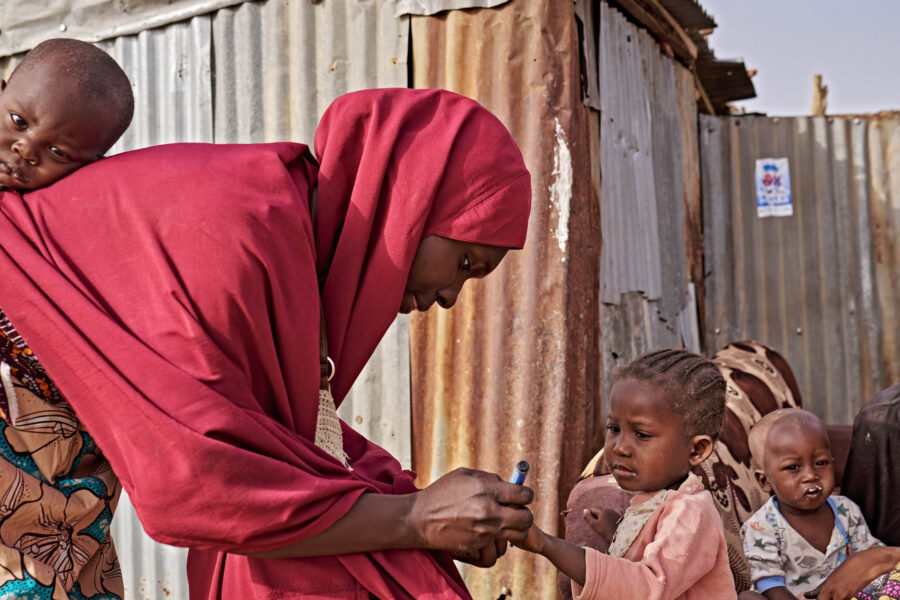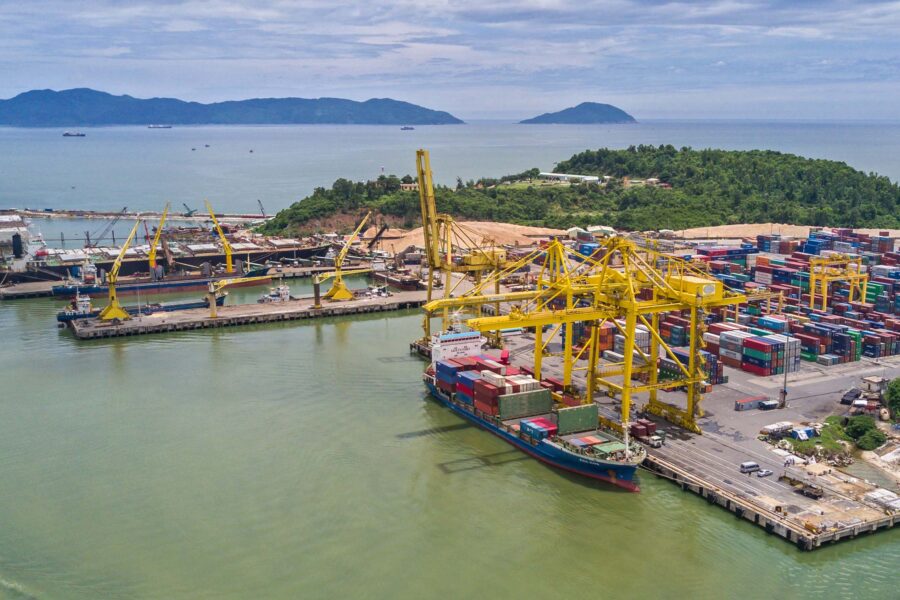Achieving urban resilience and sustainability through nexus planning
Rapid urbanization is placing unprecedented strain on the life-critical resources of water, energy, and food. We need rapid take-up of coordinated (or “nexus”) approaches to urban development and resource management if we’re to make sustainable cities a reality
Cities — Global

A major challenge accompanying the growing global population is rapid urbanization and densification. Cities account for less than 2% of the Earth’s land area. Yet urban areas consume about 75% of global energy and materials and contribute over 70% of global greenhouse gas emissions.
If left unchecked, rapid urbanization and climate change could contribute to the insecurity of essential resources, posing the risk of exceeding the operating space of planetary boundaries. The challenges are even more pronounced in the developing world, where resource demand often outstrips supply due to the continued influx of people from the countryside or other countries searching for better living conditions.
As a result, cities struggle to provide basic services to the rapidly growing urban population. Often, this results in service delivery protests and social unrest. The projected global population growth to about nine billion people by 2050, of whom 60% will live in urban areas, will only exacerbate these stresses.
Yet, urban areas could provide huge opportunities for economic growth, human development, and climate change adaptation, mitigation, and resilience. To achieve this, we must transition toward systematic and transformative approaches that facilitate cross-sectoral integration, transformation, equity, and inclusion. Systems approaches, which include nexus planning, just transition, circular economy, one health, horizon scanning, and sustainable food systems, are polycentric and promote balanced and integrated resource management. As such, they could play an important role in transforming urban areas into resilient cities for climate action in the realization of Sustainable Development Goal (SDG) 13, which emphasizes “taking urgent action to combat climate change and its impacts by 2030.”
If not managed systematically and holistically, rapid urbanization poses huge human and environmental risks, potentially derailing the progress to achieve sustainable cities by 2030. The challenges associated with rapid urbanization are interlinked and cut across the whole urban ecosystem spectrum. We therefore need smart innovations and strategic interventions to transform urban areas into centers of global climate action. As a transformative and circular approach, nexus planning provides pathways toward urban resilience by facilitating the integration of complex and interlinked urban grand challenges.
Interlinkages in urban challenges
Urban grand challenges are complex, intricately interconnected, and cross-sectoral, and operate within a similarly complex urban system. At the global level, for example, urban expansion is projected to encroach into protected areas by more than three times by 2030 from the 2000 base area of 450,000 km2. The encroachment into biodiversity hotspots (areas with high concentrations of endemic species) will quadruple during the same period. In sub-Saharan Africa alone, urban sprawl will encroach into ecological infrastructure by more than 20% during the same period.
Such encroachments result in the extinction of important biodiversity, as humans occupy and disturb natural habitats. This causes human–animal conflict and the emergence of novel, infectious diseases from the wild. Urban sprawl also results in the reduction of agricultural land and degradation of ecological systems, impacting food production and ecosystem services. This, along with worsening water and land pollution, poor waste disposal and sanitation, and increasing industrial and vehicular emissions, is risking human and environmental health.
These interlinkages, interconnectedness, and interdependencies of urban systems and their associated challenges are referred to as “urban nexus.” This concept is born out of the notion that focusing on one of these challenges without considering the other, equally connected, challenges only exacerbate urban stresses. This is where circular and transformative approaches come in handy. They can facilitate cross-sectoral assessment and management of the challenges, and even identify priority areas for intervention that lead to the achievement of SDG 11, which commits to “make cities and human settlements inclusive, safe, resilient and sustainable by 2030.”
Systems thinking and the urban nexus concept
The urban nexus concept considers urban services such as energy, water, and food and material provisioning, and an integrated and holistic assessment of the overall system. Current linear approaches in urban planning have reached their threshold as they do not address interlinked challenges but only aggravate contemporary urban crises.
Urban nexus planning facilitates the management of trade-offs and synergies in an integrated manner, opening new possibilities for practice. Operationalizing the concept catalyzes the transformational agenda in urban areas and enhances intergenerational sustainability. Such forward planning is long overdue for most cities undergoing unprecedented growth while facing multiple challenges. An example is the Gauteng city region, an urbanized province of South Africa whose growth poses the risks of resource insecurity, poor service delivery, and conflict in the absence of transformative adaptation strategies.
The concept of urban nexus is therefore indispensable for informing decision-making on strategic policies that guide sustainable urban planning. This is possible through contextualized adaptation frameworks and pathways that enhance urban resilience and adaptation. This supports the findings of the Intergovernmental Panel on Climate Change that identified cities as important centers of global climate action and adaptation. The urban nexus concept establishes a balanced urban system by promoting circularity.
Circular models and urban resilience
Operationalizing the urban nexus expedites urban resilience and sustainability. It enhances resource recycling, regeneration, management, and resource security, allowing resources to stay in use for longer, thus linking the concept to the circular economy. Where circular models are being adopted, they are providing alternatives to overcome uncertainties and offering opportunities to formulate strategic and coherent policies that are transforming urban areas into centers for climate action and resilience.
Urban resilience is the capacity to withstand and absorb the impact of climate extremes or other shocks with minimal damage to infrastructure or loss of human life. Operationalizing the urban nexus facilitates proactive interventions that provide sufficient lead time to prepare for future shocks so that they do not end as disasters. Urban areas are therefore able to withstand shocks with minimum damage. Examples of such cities are Tokyo and Auckland, both of which continue to thrive despite the many devastating earthquakes they are exposed to.
Nexus planning catalyzes urban transformation and promotes resilience-building initiatives toward converting cities into sustainable centers of climate action, resilience, and adaptation. Formulating strategic urban adaptation policies around the urban nexus concept provides sustainability pathways that systematically integrate short, medium, and long-term urban planning, hence promoting intergenerational sustainability.





